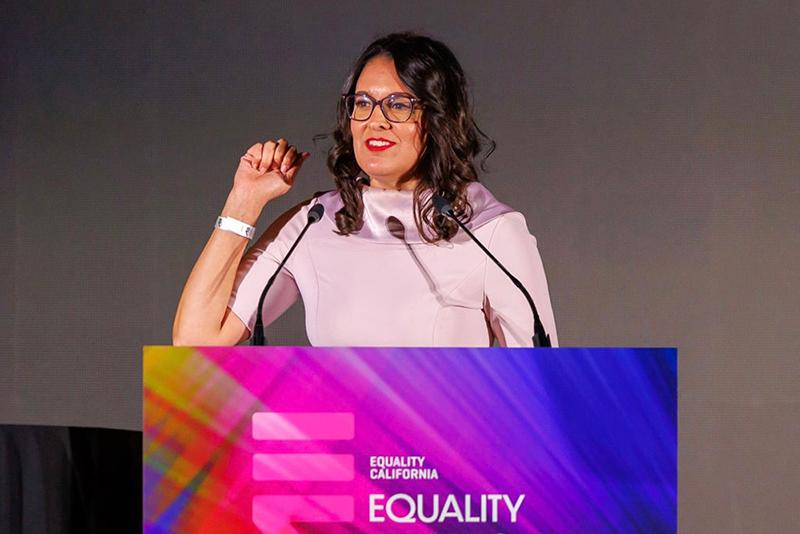A California bill reintroduced this year could allow certain government boards, commissions and advisory bodies to hold their meetings online, which supporters say would boost citizen participation.
Assembly Bill 817, introduced by Assemblywoman Blanca Pacheco, would allow non-decision-making legislative bodies to meet virtually with few restrictions.





